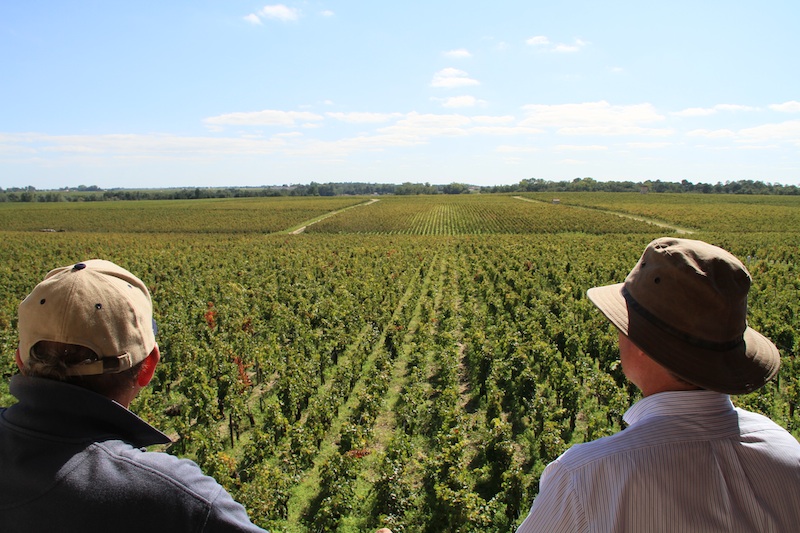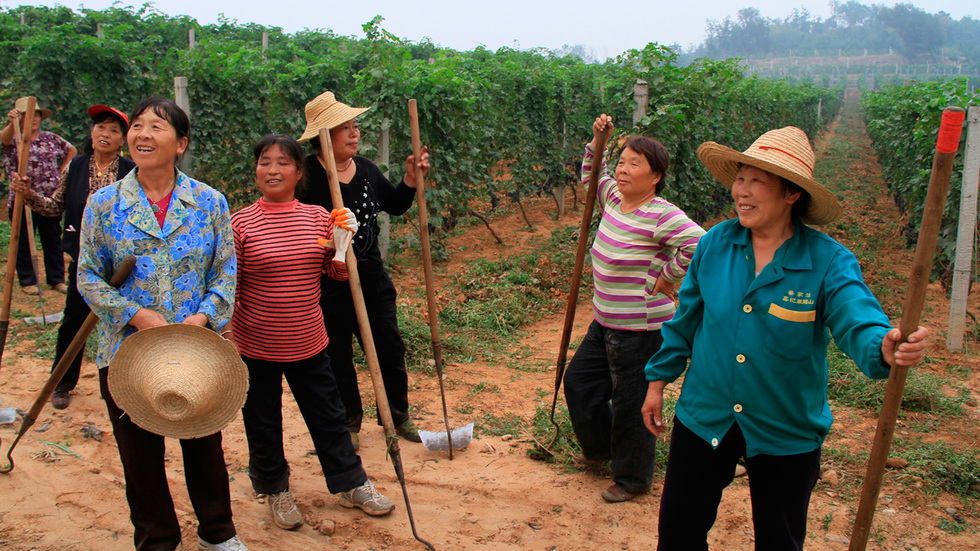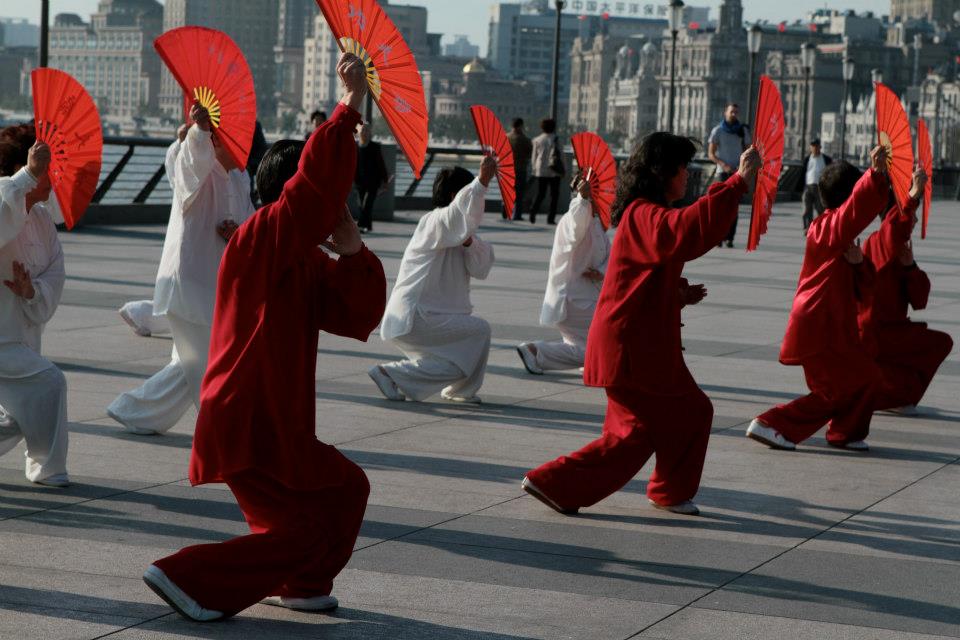|
The
title "Red Obsession" has two meanings.
It is firstly a reference to the documentary's subject of wine and the
way that
it is purchased, stored and used as a highly profitable investment. The
alternate meaning is the impact that China is having on the wine
industry. According
to the documentary, China has the fastest imports of wine in the world
now. The
film's directors David Roach and Warwick Ross are both Australian. Ross
was
born in Hong Kong in the 1950s but was educated in Melbourne,
Australia. He
told the website Indiewire about his intentions for the film: "I'd like audiences to reflect on how important
tolerance and understanding is when dealing with cultures unlike our
own."
He says he is a vigneron himself, someone who has a vineyard for
winemaking,
but he is also attempting to be insightful and to humanise Asian
culture. This
is admirable in a time where places like Asia are caricatured and
vilified by
geocentric cinema.

Given the
documentary's human interests, I found the material to be never short
of
riveting. The early scenes in the Chateau
Margaux are the only stumbling points because some of the language
borders on
pretentious. It comes with the territory. One man says that wine is
like an
instrument and that he doesn't smell it, he hears it. Yet through
Russell
Crowe's booming baritone voice, fitting with the historical context,
the
information is interesting and accessibly told. One of the primary
issues
addressed in the first portion of the documentary is the overinflated
prices of
the wine. It is argued that over the past ten years the Bordeaux wine
prices
have increased by one thousand per cent so that it is now too valuable
to
drink. Wine is still considered a major investment as it is sold after
four or
five years after the initial purchase and has been outperforming other
markets
like stock and gold since 1982. There are more confronting insights
though, including
the way wine prices are influenced by wine critics: The higher the
score, the
higher the price. Anger seeps into the film because some believe that
they are merely
pawns helping the Chateau earn as much money as possible.

The Chinese segment of
the film deepens the findings and scope of the documentary, unearthing
insights
into the globalisation of the wine industry and the changing psychology
of
Chinese society throughout recent history. The film smartly
contextualises
these changes, opting to reference the suffering felt at the hands of
Mao
Zedong and the Cultural Revolution. Western, traditional and historical
factors
and influences were banned from society so that China became a lost
generation
that had to rebuild itself and rediscover its own individuality. By the
1970s
when these sanctions were removed China had to rediscover its
entrepreneurial
standpoint in relation to the rest of the world. Importing wine in
China today
is also seen as having status, being knowledgeable about Western
culture and obtaining
a prestige and artfulness as significant as purchasing an expensive
vase or
painting.

Even though there are
some moments of madness here, like a woman paying over a million
dollars for a
single bottle of wine, I liked the way the film's interviewers
personalise the
information, explaining how Chinese
people like to try new things and to engage with outside influences. It
is an
imperative staple of their culture because they believe they are making
a
better life for their next generation of people. As someone who doesn't
know
anything about wine, besides the name Merlot, I was grateful the film
transcended the passion for wine and became more globally informative
and
culturally interested. The film is about placing a more human face on
an often
feared economic superpower. By increasing the scope of the information,
widening
and personalising the subject matter, more people will be able to learn
something new about the wine market or Chinese culture and not be
deterred by
any pretentious or elitist barriers that might be associated with this
industry.
|